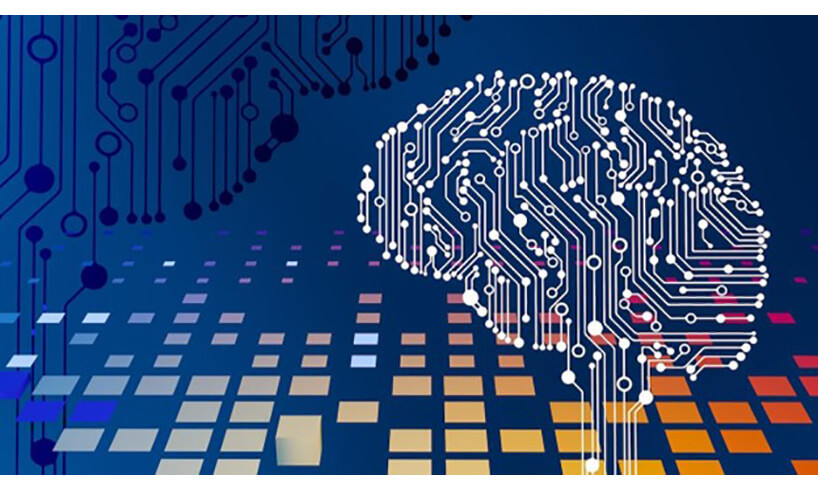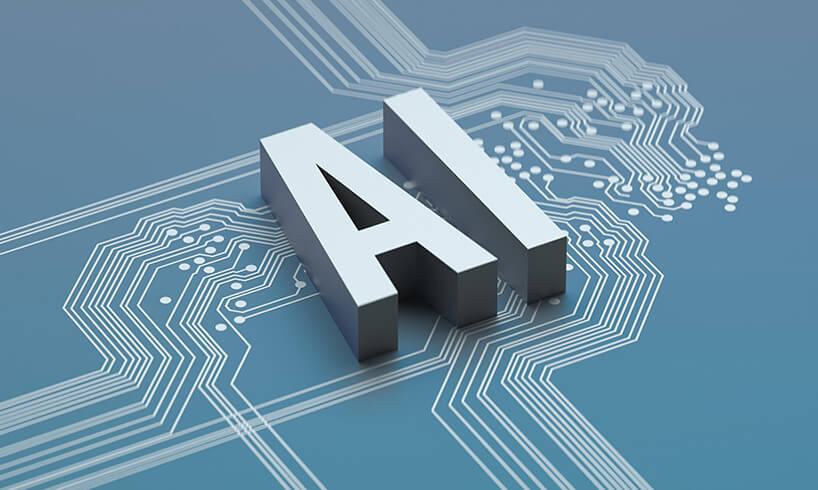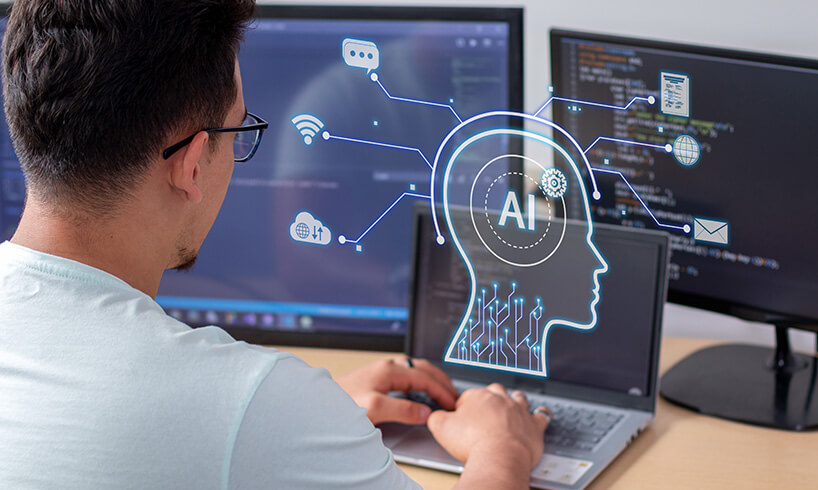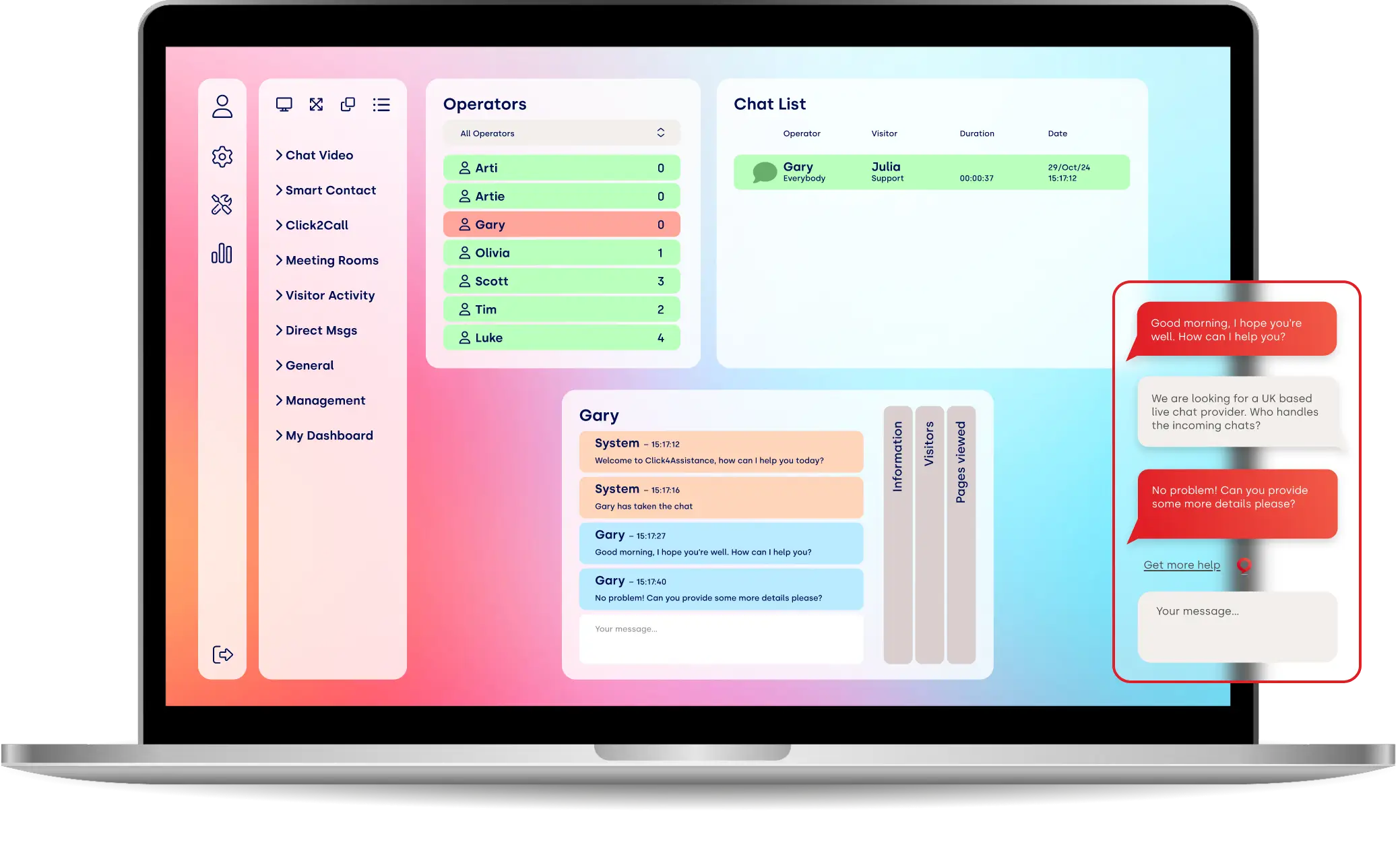8 Positives (And Negatives) Of The New GPT-4 OpenAi Update

The new GPT-4 OpenAi update comes with some massive improvements, but there are plenty of flaws lurking beneath the surface.
Ask anyone about AI and they will immediately cast their mind to ChatGPT. It's the most well-known AI platform out there and has even become integrated with web live chat software. Previously, the system was powered by GPT-3, but a new update has brought around GPT-4.
It's an impressive update that builds on the previous AI model, yet it continues to have some flaws. We'll go through some of the major updates provided for users, along with the biggest drawbacks that continue to exist.
Improved accuracy and precision
One of the biggest updates with GPT-4 is its improved accuracy and precision. It gets more facts right than previous versions and can give more precise advice to users.
Lacks real-time data
Unfortunately, it still struggles with real-time information. It does not have access to the latest data, which means you still see errors and falsehoods in some responses. If you want the most current and updated facts/knowledge, GPT-4 isn't the place to look.
Better image descriptions
There's no denying that GPT-4 is better than its predecessors at describing images. It can write multiple paragraphs about an image and even has the ability to provide suggestions based on photos you take. Some early testers have been able to photograph ingredients and GPT-4 has given them some recipe ideas.
Lacks reasoning
If you're using GPT-4 as a reasoning tool, it will not deliver the best results. It can reason with users to an extent, but it breaks down very quickly and struggles with puzzles or some elements of problem-solving. Should you wish to use GPT-4 as the backbone of web live chat software, it makes sense to ensure there's some human integration too. With our software, you can seamlessly call upon a human customer service agent when reasoning is required.
Displays more expertise
When asked about complex topics that require expert knowledge, GPT-4 is fairly comfortable. Tests have shown it can pass the Uniform Bar Examination - which is the main test to qualify lawyers in the US. It's also been able to provide accurate treatment plans for doctors, having no issues dealing with complicated medical terminology.
Struggles with anything related to the future
Predictions and forecasts are not a friend of GPT-4. It handles discussions and ideas relating to the past very well, but when asked to talk about potential issues in the future or ideas for years to come, it struggles. Rarely will it come up with something new that doesn't already exist.
It has improved its ability to summarise
GPT-4 has gotten much better at summarising large articles of text. It provides better accuracy in a more concise summary. You can also make changes to the text and it will detect them and update the summary accordingly.
There's still a lot of made-up stuff
Finally, GPT-4 is still guilty of making things up. Loads of AI-powered chatbots do this and it's one of the biggest struggles with this technology. The issue is that AI can't separate facts from fiction. As a result, it can give answers that are completely made up - almost as though they're plucked from thin air.
GPT-4 is a remarkable improvement on GPT-3 and GPT-3.5, though it hasn't really dealt with the main flaws. Answers can be more detailed and it's capable of dealing with complicated requests a lot better than before. But, it still lacks real-time knowledge and has issues with reasoning, talking about the future and making stuff up.

























